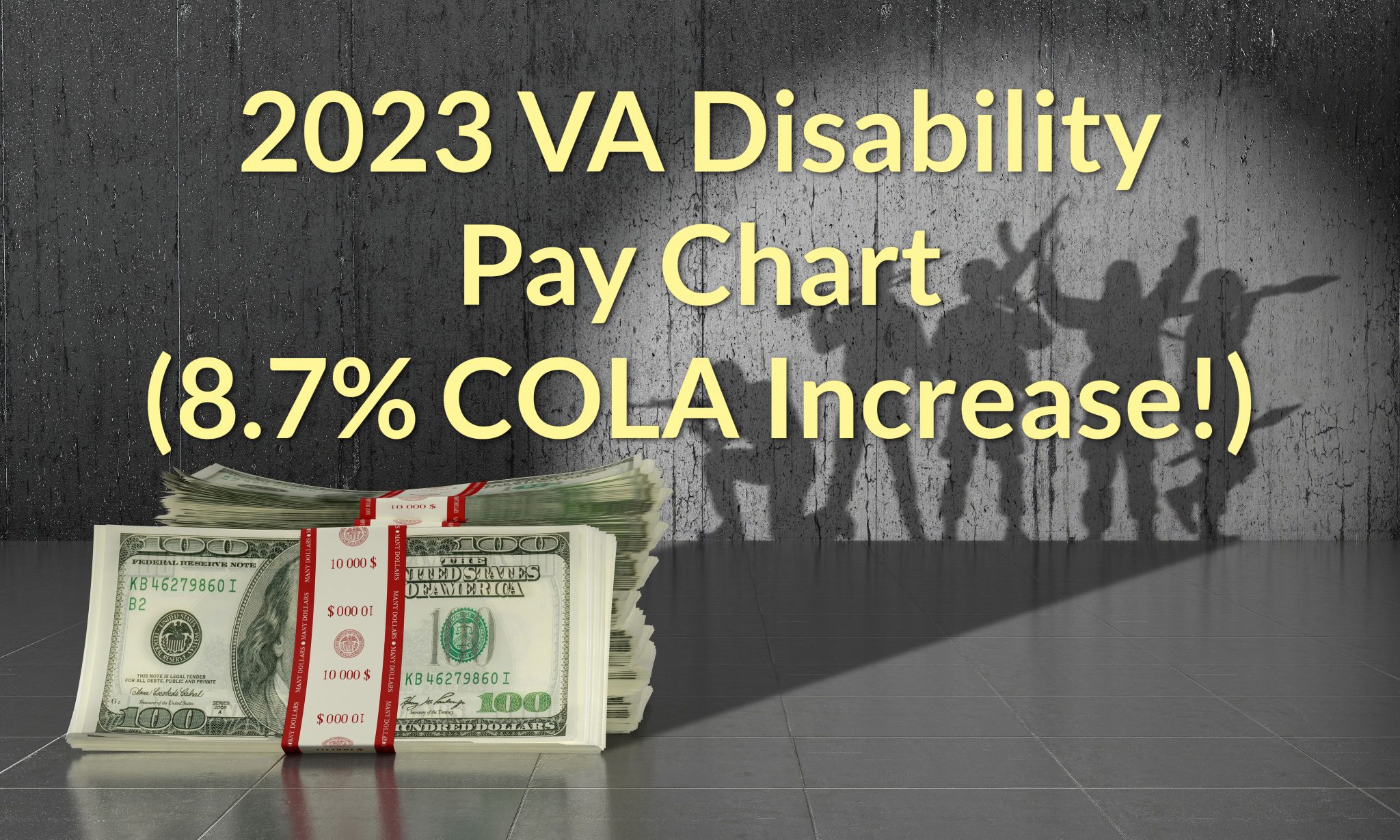Easing the Transition: Understanding VA Benefits for Veterans Families
Transitioning back to civilian life after military service is a significant step, one that involves readjustments for both veterans and their families. Recognizing the sacrifices made, the U.S. Department of Veterans Affairs (VA) offers a wide array of benefits to support veterans and their families in navigating this new chapter. These benefits, earned through service, aim to ease the transition and provide a strong foundation for the future.
The history of VA benefits can be traced back to the aftermath of the Revolutionary War, where provisions were made for disabled soldiers. Over time, these benefits evolved, expanding significantly after World War II and continuing to adapt to the needs of veterans from various conflicts and eras. The core purpose, however, has remained constant: to show gratitude for the service and sacrifice of those who served in the U.S. Armed Forces and to support their well-being and that of their families.
Navigating the world of VA benefits can feel like entering uncharted territory. From healthcare and education to home loans and disability compensation, understanding the available options is crucial. Eligibility often hinges on factors such as length of service, discharge status, and disability rating, making it essential for veterans and their families to familiarize themselves with the specific requirements of each benefit.
The impact of VA benefits extends beyond the individual veteran, embracing the well-being of their families as well. Spousal and survivor benefits offer financial security, while education benefits, such as the Post-9/11 GI Bill, can be transferred to spouses or dependents, investing in the future of the entire family. Recognizing that military service can impact mental and emotional health, the VA also provides counseling and support services tailored to the unique needs of veterans and their loved ones.
One of the most significant challenges faced by veterans and their families is often the complexity of the application process for VA benefits. Gathering the necessary documentation, understanding eligibility criteria, and navigating the intricacies of paperwork can feel overwhelming. This is where seeking assistance from accredited Veteran Service Organizations (VSOs) can be invaluable. VSOs provide free support, guiding veterans and their families through every step of the application process, ensuring no benefit is left unclaimed.
Advantages and Disadvantages of VA Benefits for Veterans Families
While VA benefits offer invaluable support, it's important to have a balanced view. Here are some advantages and disadvantages:
| Advantages | Disadvantages |
|---|---|
| Comprehensive healthcare for veterans | Potential wait times for appointments or procedures |
| Education benefits for veterans and their families | Eligibility requirements may not cover all veterans |
| Home loan guarantees to facilitate homeownership | Navigating the VA loan process can be complex |
Best Practices for Accessing VA Benefits
To optimize your experience with VA benefits, consider these best practices:
- Connect with a Veteran Service Officer (VSO): VSOs are your advocates, providing free assistance throughout the application process.
- Gather your documentation: Discharge papers, medical records, and other relevant documents are crucial.
- File your claim promptly: The sooner you apply, the sooner your benefits can begin.
- Stay informed about changes: VA benefits and eligibility criteria can change, so stay updated.
- Seek support when needed: Transitioning to civilian life can be challenging, don't hesitate to access available resources.
Real-world examples illustrate the tangible impact of VA benefits: a veteran receiving life-changing medical care for a service-connected injury, a surviving spouse finding financial stability through survivor benefits, or a veteran's child pursuing higher education with the GI Bill - these stories highlight the transformative power of these earned benefits.
Common Questions and Answers
What are the eligibility requirements for VA healthcare? (Answer: Eligibility is based on factors like length of service, discharge status, and income.)
Can I transfer my GI Bill benefits to my spouse or children? (Answer: Yes, under certain conditions, the Post-9/11 GI Bill allows for transfer of benefits.)
What types of support are available for veterans with PTSD? (Answer: The VA offers specialized counseling, therapy groups, and mental health resources.)
Tips and Tricks
Keep digital copies of all your documents for easy access. Utilize online resources like the VA website and mobile app to manage benefits, schedule appointments, and stay informed. Connect with fellow veterans through support groups or online forums for shared experiences and guidance.
In conclusion, understanding and accessing VA benefits is not merely a process but a recognition of the sacrifices made by veterans and their families. These benefits, born from gratitude and a commitment to well-being, serve as a bridge to civilian life, offering opportunities for education, healthcare, housing, and overall support. By actively engaging with these benefits and seeking the necessary guidance, veterans and their families can navigate the transition with greater confidence, knowing that their service has earned them a network of support every step of the way. Embrace the resources available, for they are a testament to the enduring commitment to those who served.
Wie viel flussigkeit taglich your guide to optimal hydration
Decoding the kansas city missouri weather matrix
Convertir png en jpeg sans perte is lossless conversion really possible














